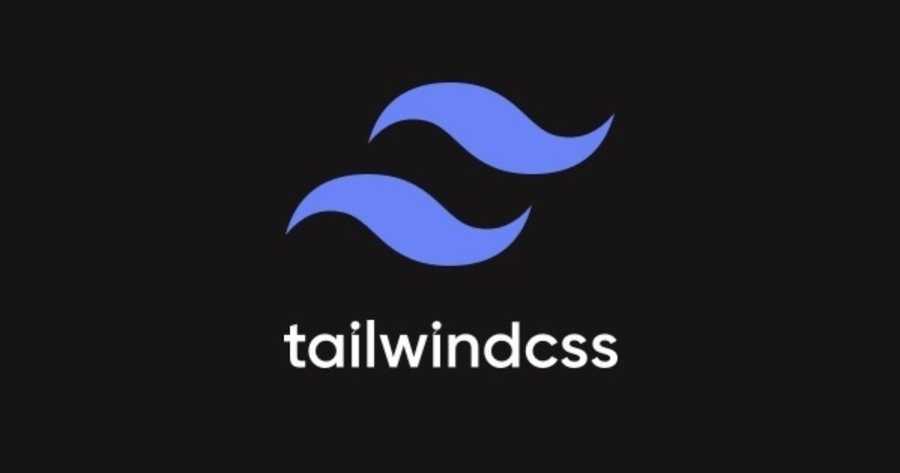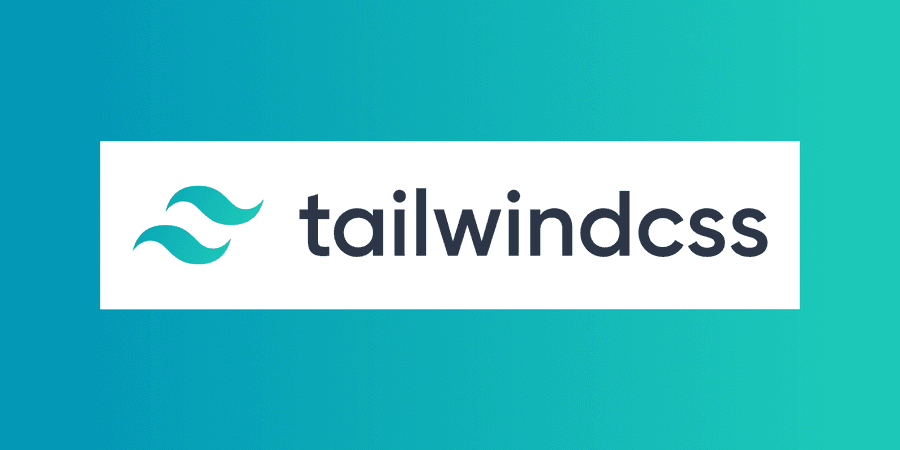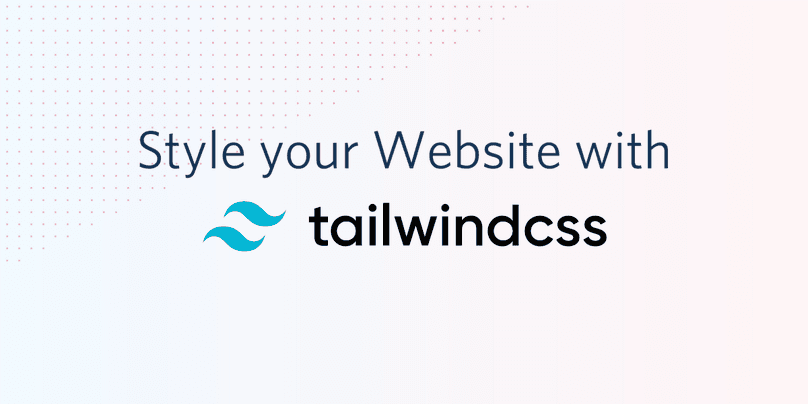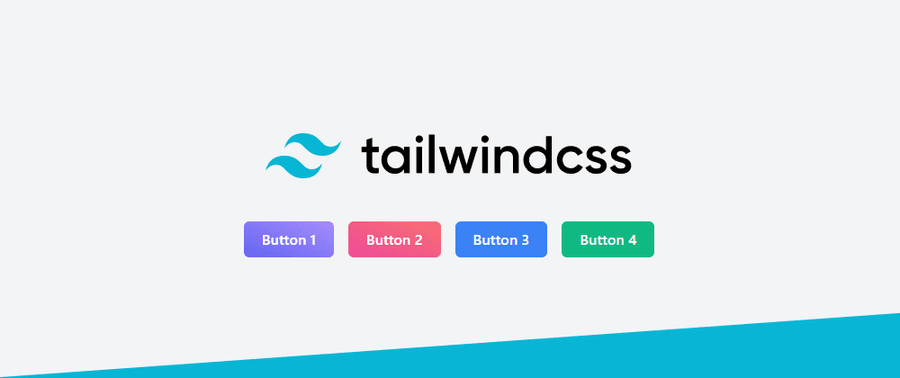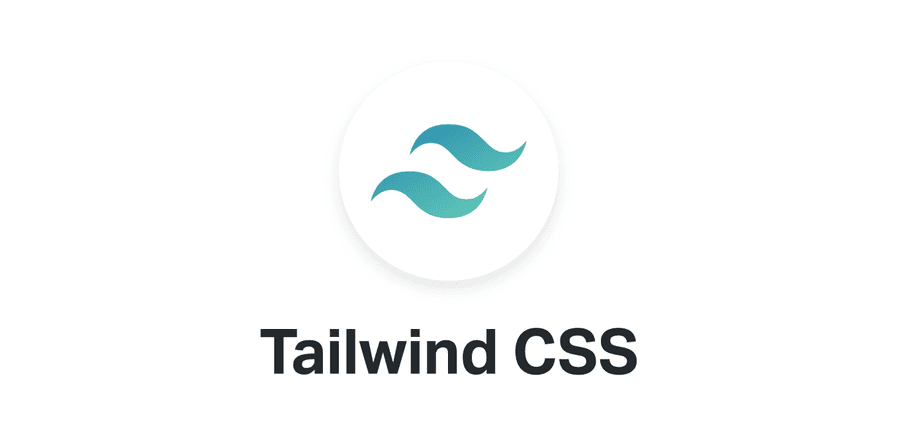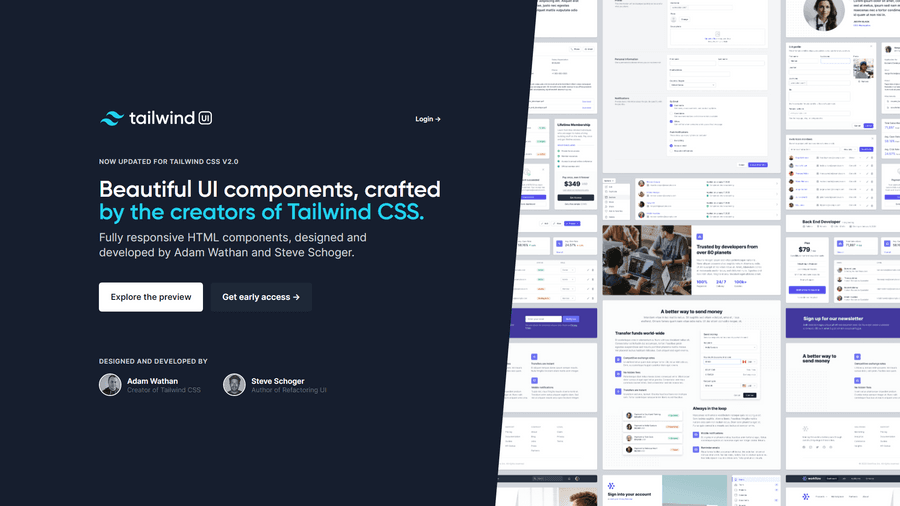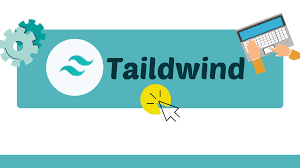Explore the World's Best Ideas
Join today and uncover 100+ curated journeys from 50+ topics. Unlock access to our mobile app with extensive features.
THE PROS AND CONS OF TAILWIND CSS
As a utility-first CSS framework, Tailwind has rapidly become popular among developers. With its fast styling process and the freedom it offers when designing a website, it’s really no wonder why.
But how can you make sure this is the right CSS framework for your upcoming development projects? In this blog post, you’ll learn what Tailwind is, and how it differs from other frameworks like Bootstrap, or Foundation.
In addition, we will highlight the main advantages and disadvantages of the framework.
7
57 reads
What is Tailwind CSS?
First released in May 2019, Tailwind CSS is a front-end CSS framework. Tailwind has created quite a following. More than 260k developers have used it to enhance their design systems.
Stats like these make Tailwind one of the most popular CSS frameworks on the market, and all in less than two years. There are many reasons for this. Primarily, its features make it the ideal choice for a wide variety of projects.
The main difference between Tailwind and its competitors is that it gives developers complete control over the styling of a web application.
6
33 reads
ADVANTAGES
1. Control Over Styling
Tailwind is a unique CSS framework when it comes to styling web applications, meaning that Tailwind does not have a default theme that you have to use like other CSS frameworks.
You can give each project a different look even if you use the same elements (color palette, size, etc.). Therefore, it’s one of the few CSS frameworks that is not opinionated on how you should style your project.
6
29 reads
2. Faster CSS Styling Process
There is no faster framework than Tailwind when it comes to styling HTML. As a result, you can easily create good-looking layouts by styling elements directly. This is possible because Tailwind offers thousands of built-in classes that do not require you to create designs from scratch.
Therefore, you do not have to write CSS rules yourself. These CSS classes are the main reason why building and styling with Tailwind is so fast.
6
26 reads
3. Responsiveness and Security
With Tailwind’s pre-built classes, you can design the layout directly in an HTML file. This makes it a very responsive, mobile-friendly CSS framework. Apart from that, Tailwind has proven to be a stable framework since its initial release.
The framework was developed by top-notch engineers, which is why bugs and breaks are rare.
6
23 reads
4. Additional Features
Tailwind CSS works in the front end of a website. For this reason, it is reasonable for developers to demand ultimate responsiveness. Well, Tailwind provides the ability to create responsive themes for your web applications and remove all unused CSS classes. With PurgeCSS, Tailwind helps you keep your final CSS as small as possible.
6
22 reads
DISADVANTAGES
1. Styling and HTML are Mixed
Because you do not have to write CSS rules yourself, Tailwind works differently than most CSS frameworks. While this is great for those unfamiliar with CSS, it also means that Tailwind mixes style rules with your HTML files.
This goes against the principle of the “separation of concerns.” Many developers prefer to separate page structure and style, claiming that classes make the Tailwind markup process verbose.
6
22 reads
2. It Takes Time to Learn
Because of the built-in classes, Tailwind CSS is quite learning-intensive. Even for experienced developers, it can be a challenge to learn how to use and fully utilize the pre-built classes. But, of course, as with any other development task, practice makes perfect.
However, if you are confident and quick when it comes to writing CSS classes, Tailwind may not be the best choice for you. Even if that’s true, Tailwind generally makes CSS styling faster in the long run.
6
19 reads
3. Lack of Important Components
Unlike Bulma and Bootstrap, Tailwind does not have many significant styling components. Unfortunately, this means you have to manually add features like headers, buttons, and navigation bars for web apps.
This is not a significant drawback, as experienced developers can implement these features quickly. However, you will need to spend some time doing so.
6
17 reads
4. Documentation
Although Tailwind CSS has made great strides when it comes to adding guides and video tutorials, it still lags behind competitors like Bootstrap. Of course, you can always contact the developers if you have a problem.
However, keep in mind that this may take some time. For this reason, you may need to customize the framework to your needs manually.
6
17 reads
Is Tailwind Worth Trying?
In a few words, working with Tailwind is quite different from other CSS frameworks. We have identified its main advantages and disadvantages. Based on these features, we can easily say that Tailwind is:
- An excellent solution for developers familiar with CSS who want to speed up the creation and design process in the long run.
- Not such a good idea if you are not familiar with CSS or do not want to spend time learning a new CSS framework.
It all depends on your personal needs and preferences. However, if saving time on CSS styling is a priority for you, you should definitely give Tailwind a try.
6
18 reads
IDEAS CURATED BY
🙋Am a self taught Digital Creator , Editor 💻 from India 🇮🇳 , as well as a Technologist and a COD Gamer 🎮. Interested in learning📒 new things always for keeping up with the trend .
CURATOR'S NOTE
Tailwind is An excellent solution for developers familiar with CSS who want to speed up the creation and design process in the long run. Not such a good idea if you are not familiar with CSS or do not want to spend time learning a new CSS framework.
“
Similar ideas
11 ideas
Top 10 YouTube Channels to Learn Coding in 2022
analyticsinsight.net
10 ideas
How to make progress while studying for coding interviews
freecodecamp.org
Read & Learn
20x Faster
without
deepstash
with
deepstash
with
deepstash
Personalized microlearning
—
100+ Learning Journeys
—
Access to 200,000+ ideas
—
Access to the mobile app
—
Unlimited idea saving
—
—
Unlimited history
—
—
Unlimited listening to ideas
—
—
Downloading & offline access
—
—
Supercharge your mind with one idea per day
Enter your email and spend 1 minute every day to learn something new.
I agree to receive email updates

